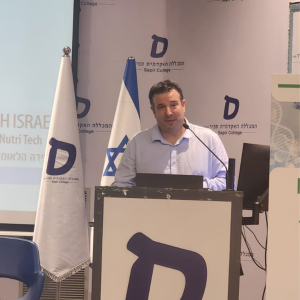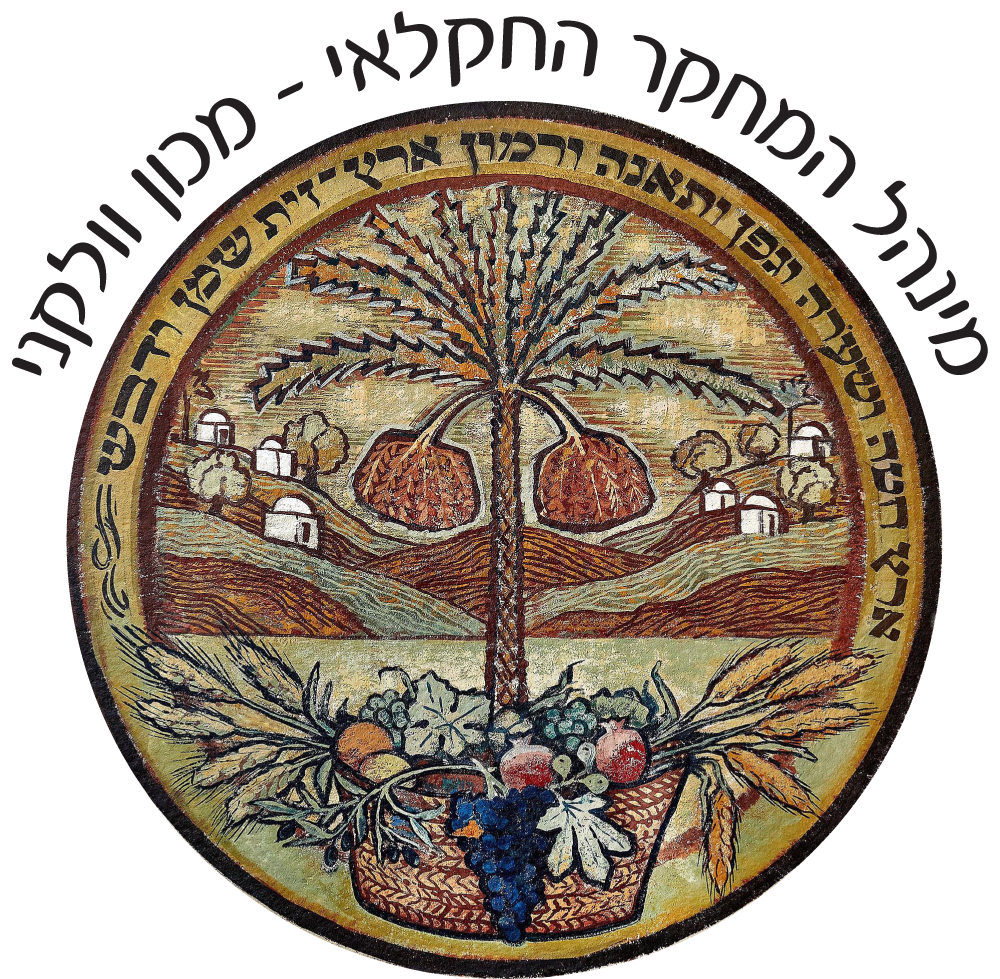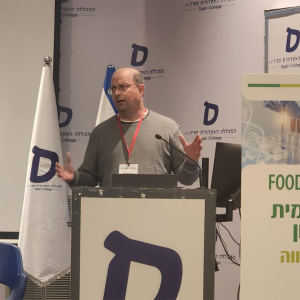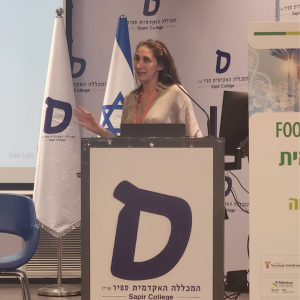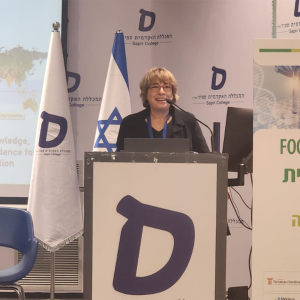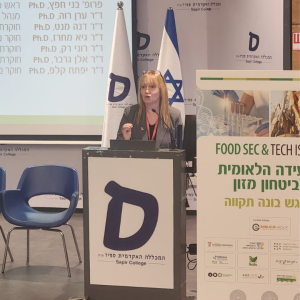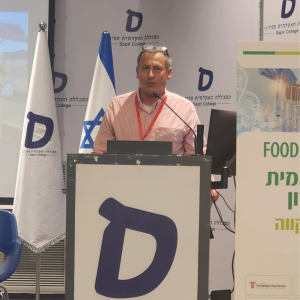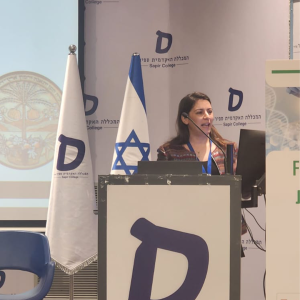In Dr. Guy Mechrez’s lab, he and his team developed a groundbreaking super-hydrophobic coating. This coating is highly durable against wear and is based on a water-in-oil emulsion. It features self-cleaning, water-repellent, and antibacterial properties. Particles stabilize the coating, which is free from fluorinated chemicals, making it more environmentally friendly.
It can be easily applied using standard coating methods and offers an additional key advantage: low production costs.
The coating’s technology is based on the unique structure of the emulsion, where networks of particles connect the droplets, providing the coating with its remarkable strength and stability.
